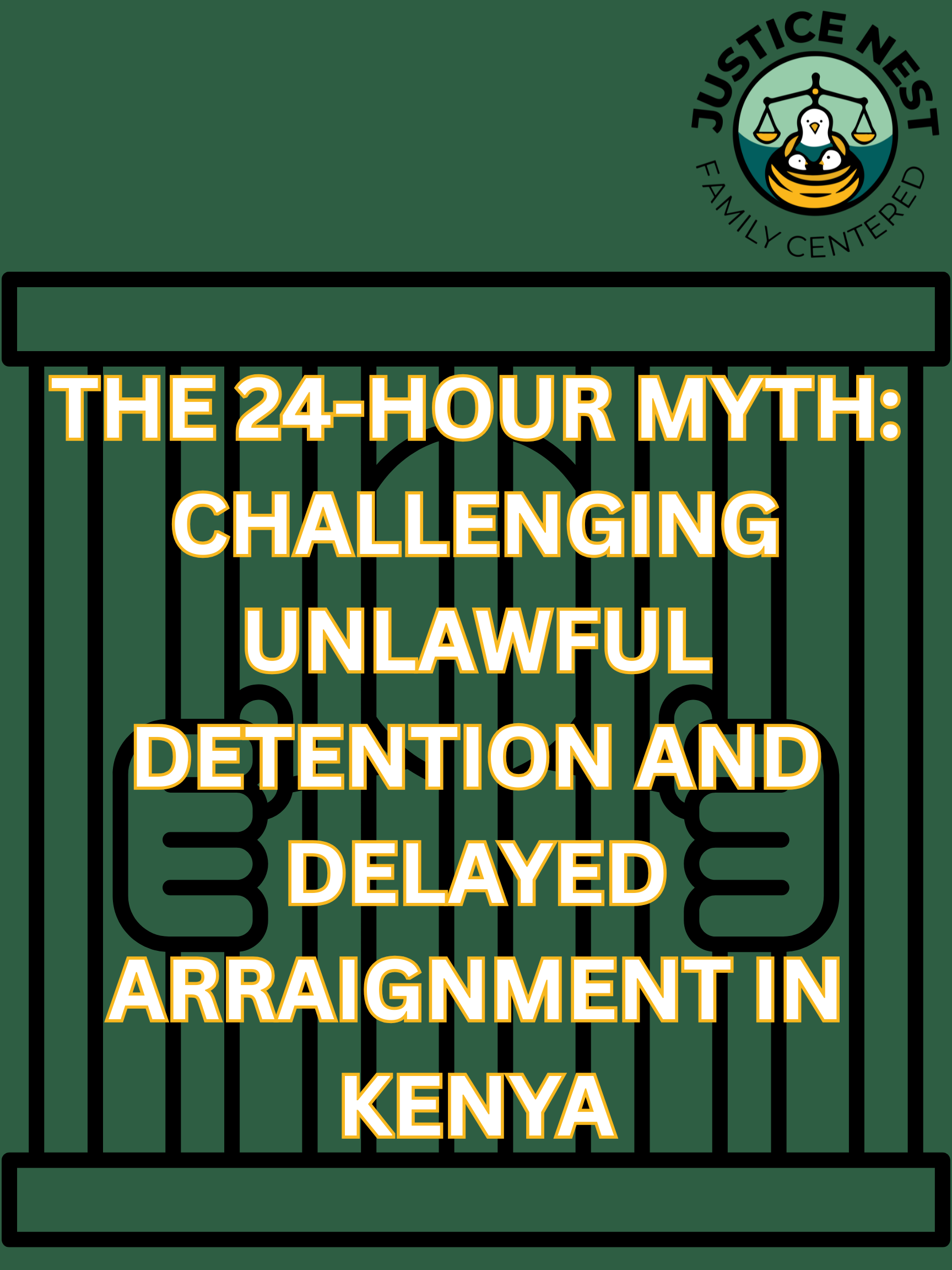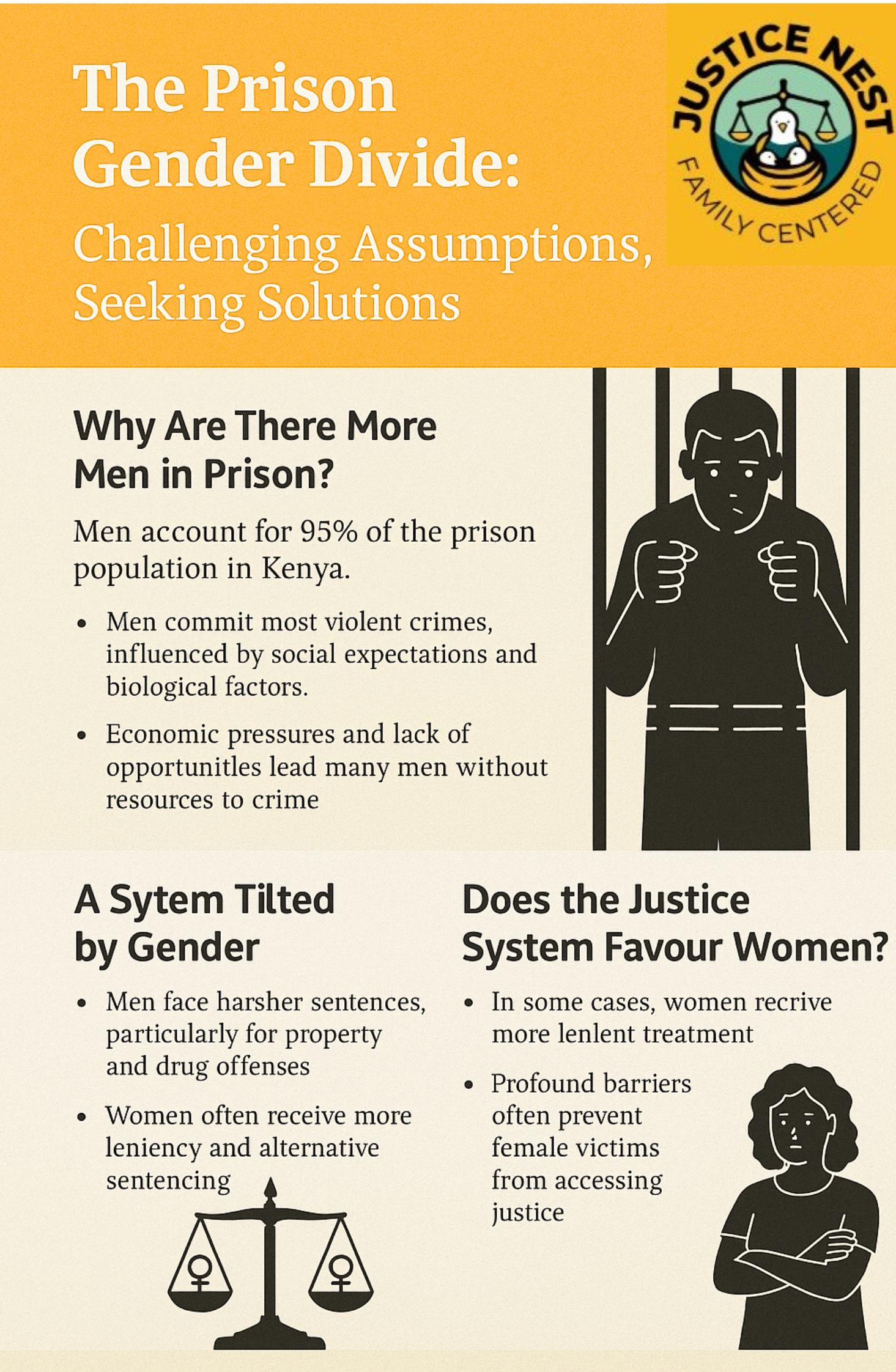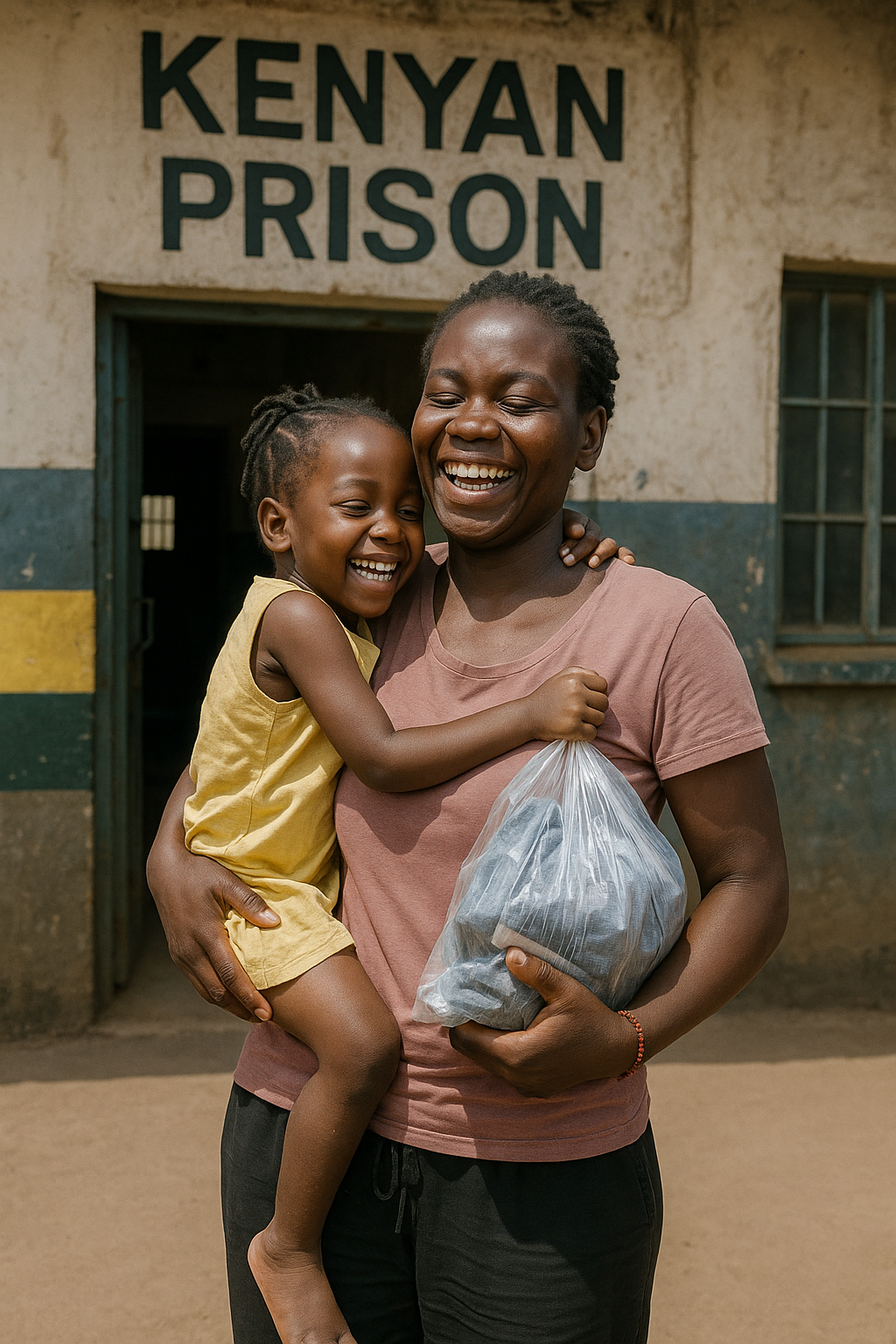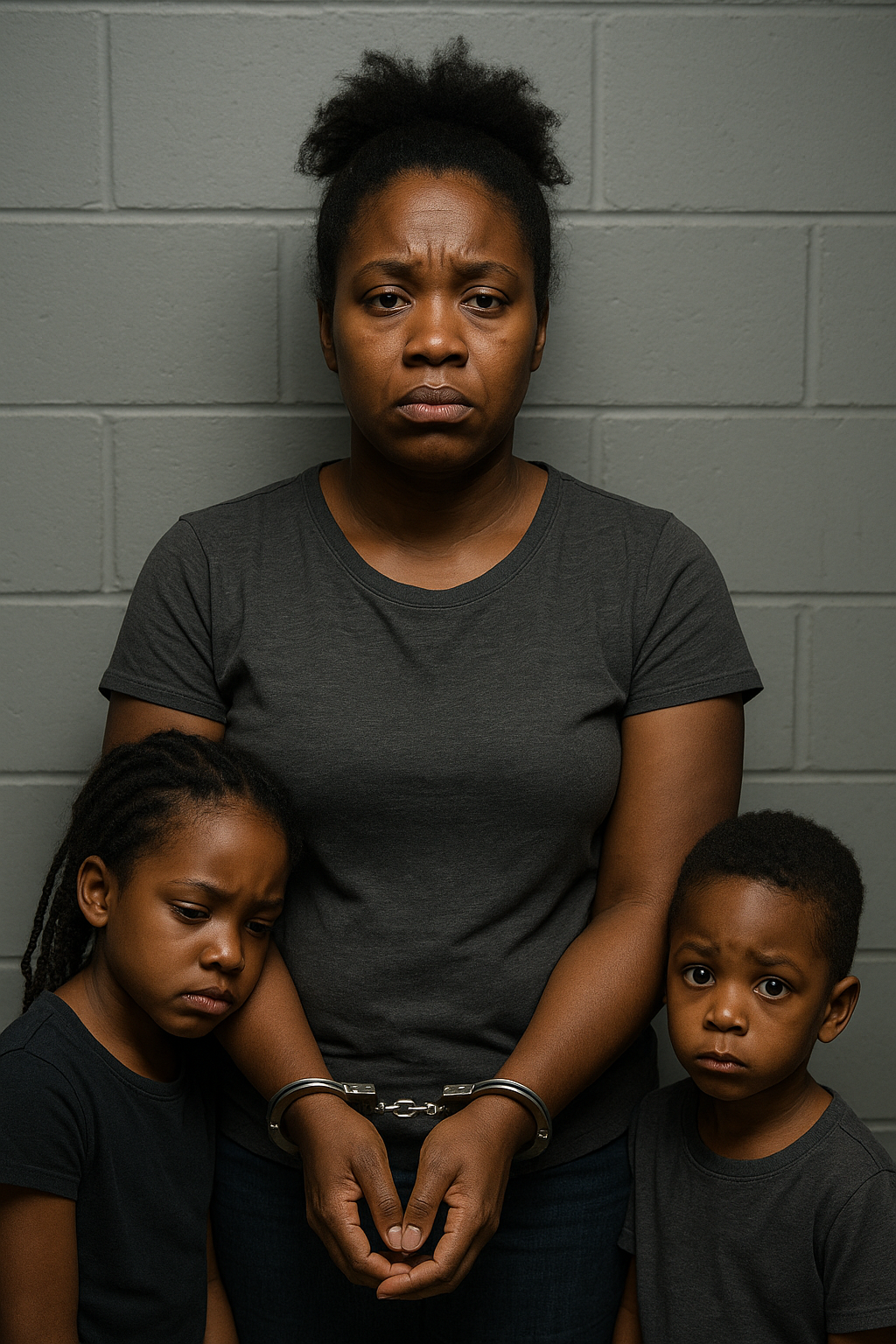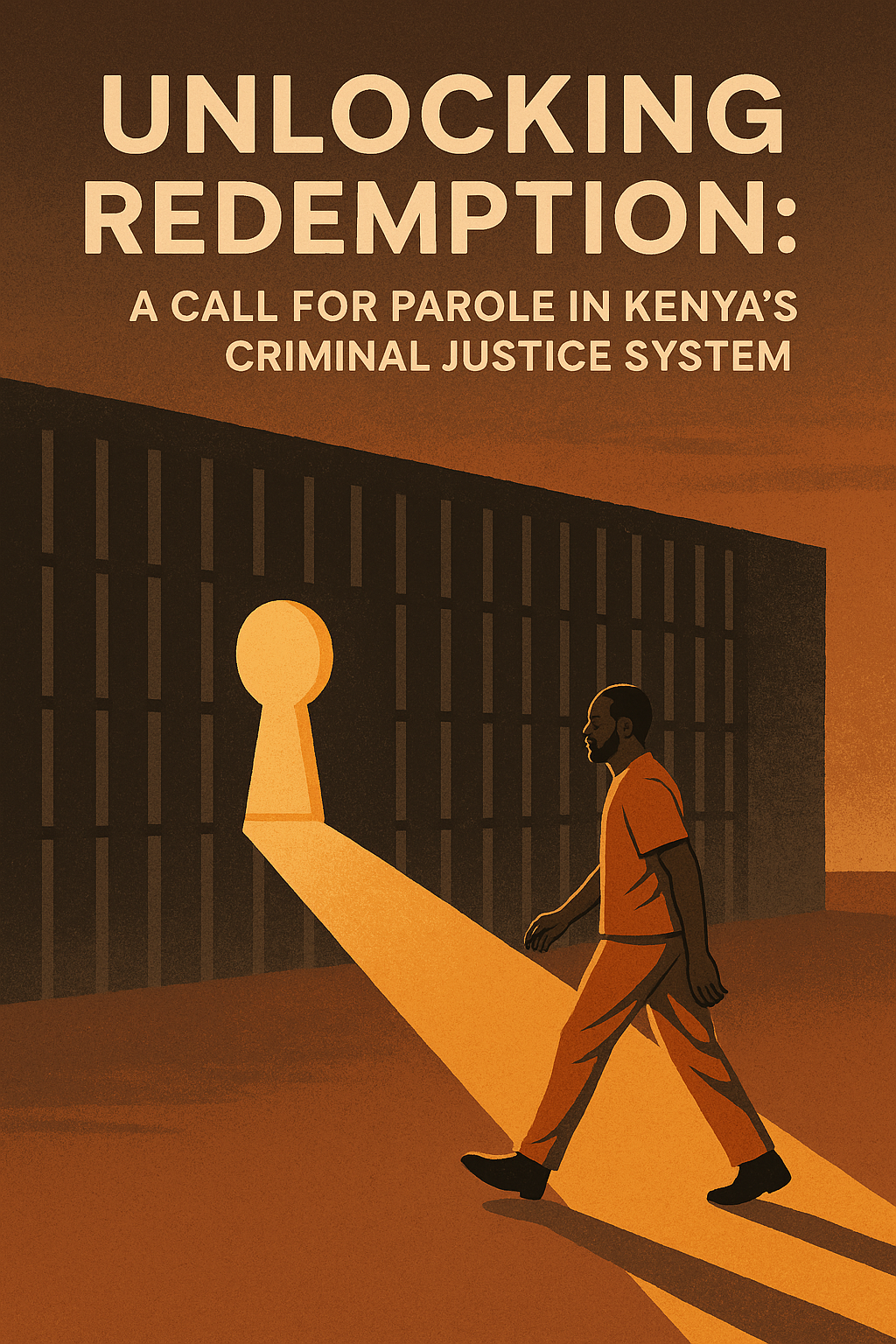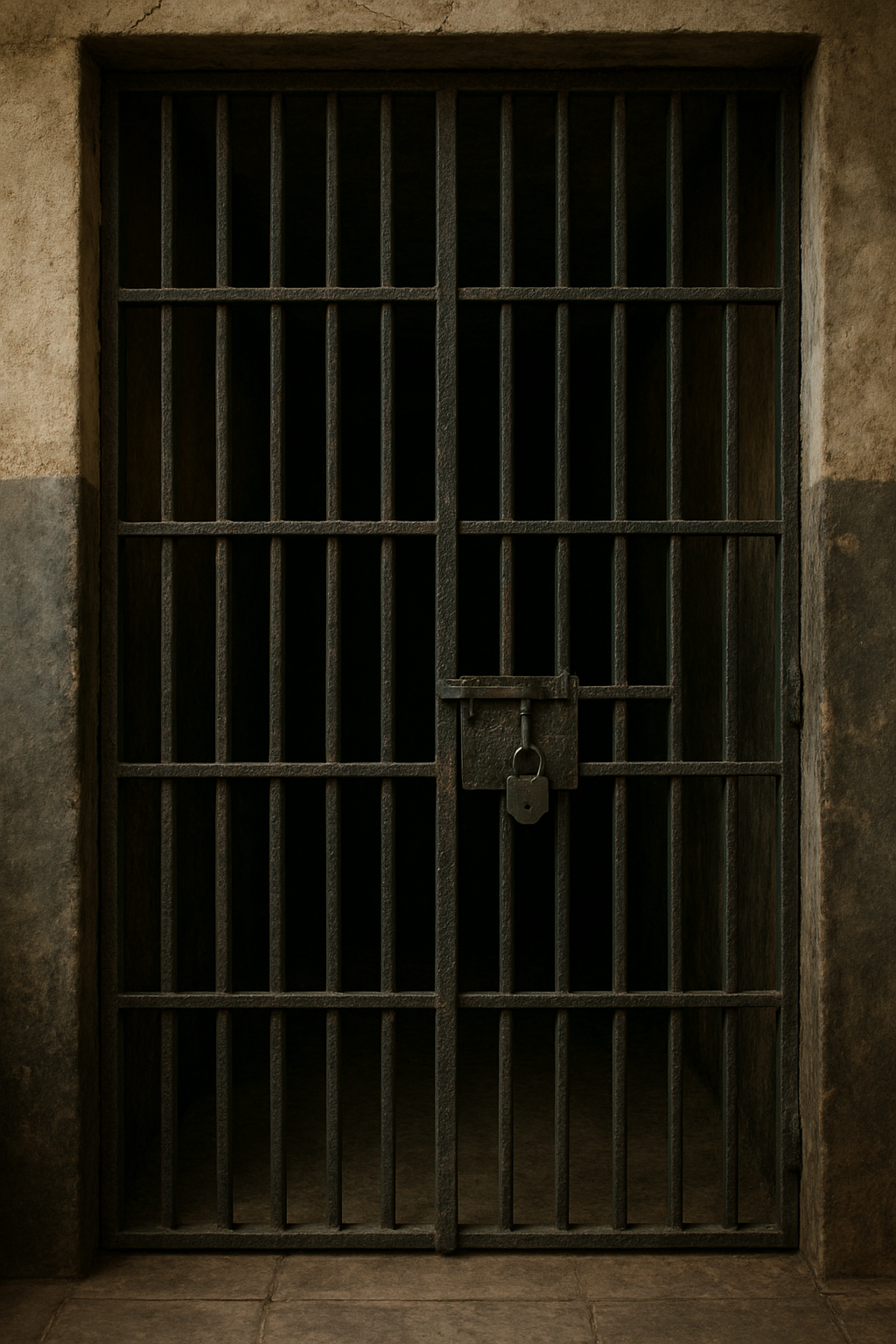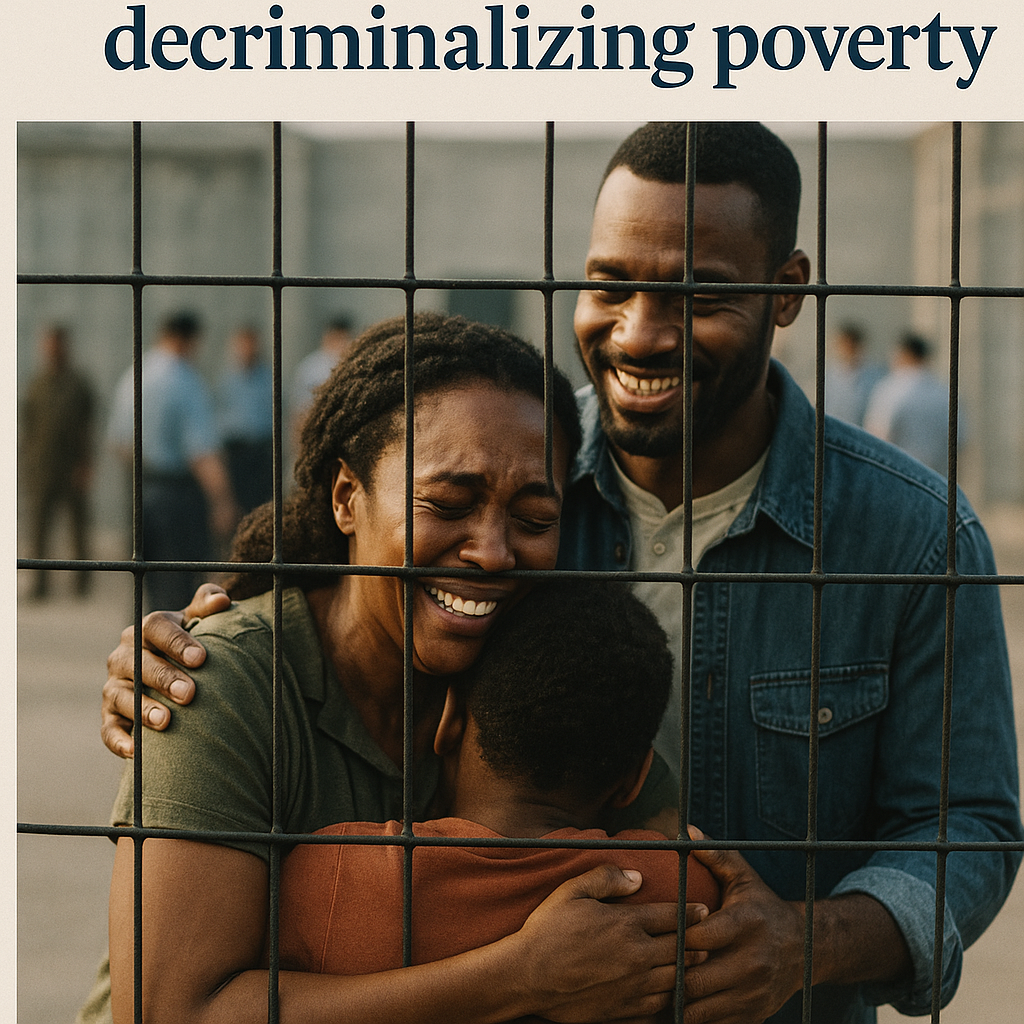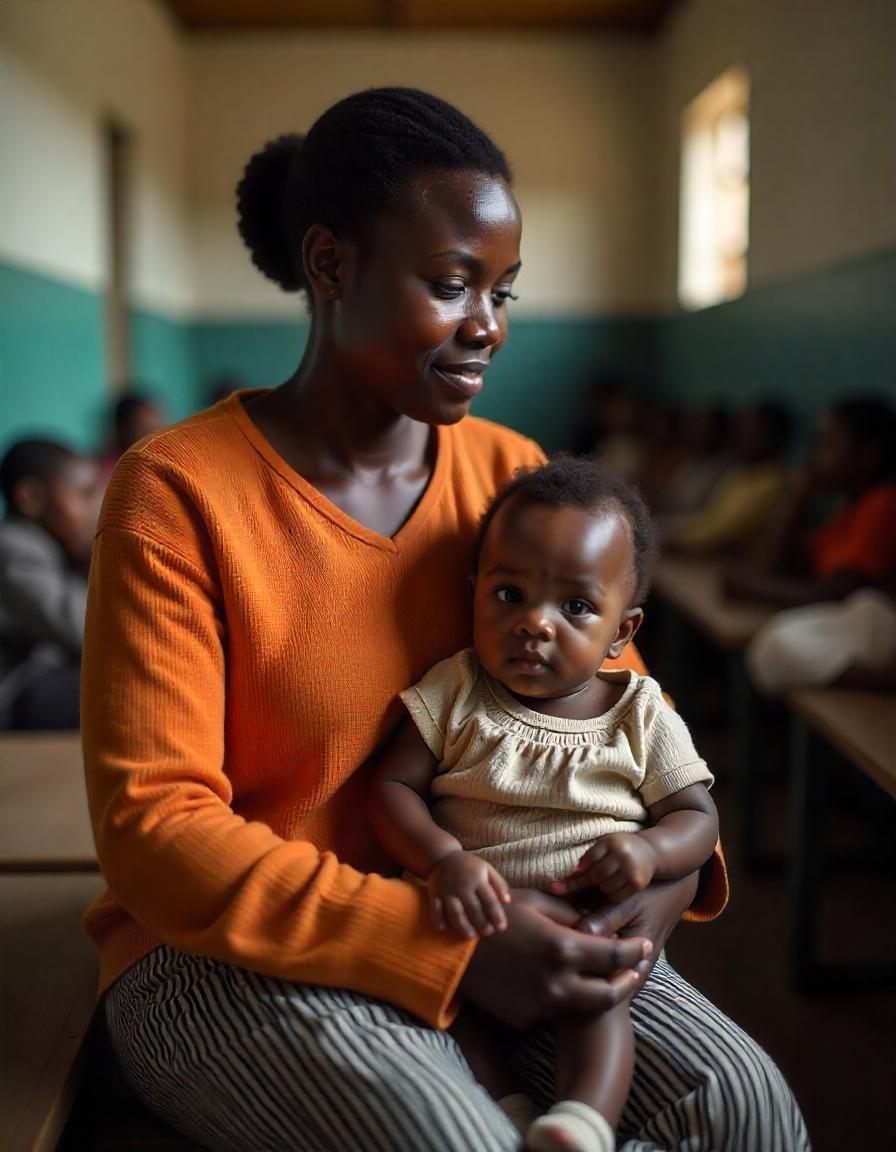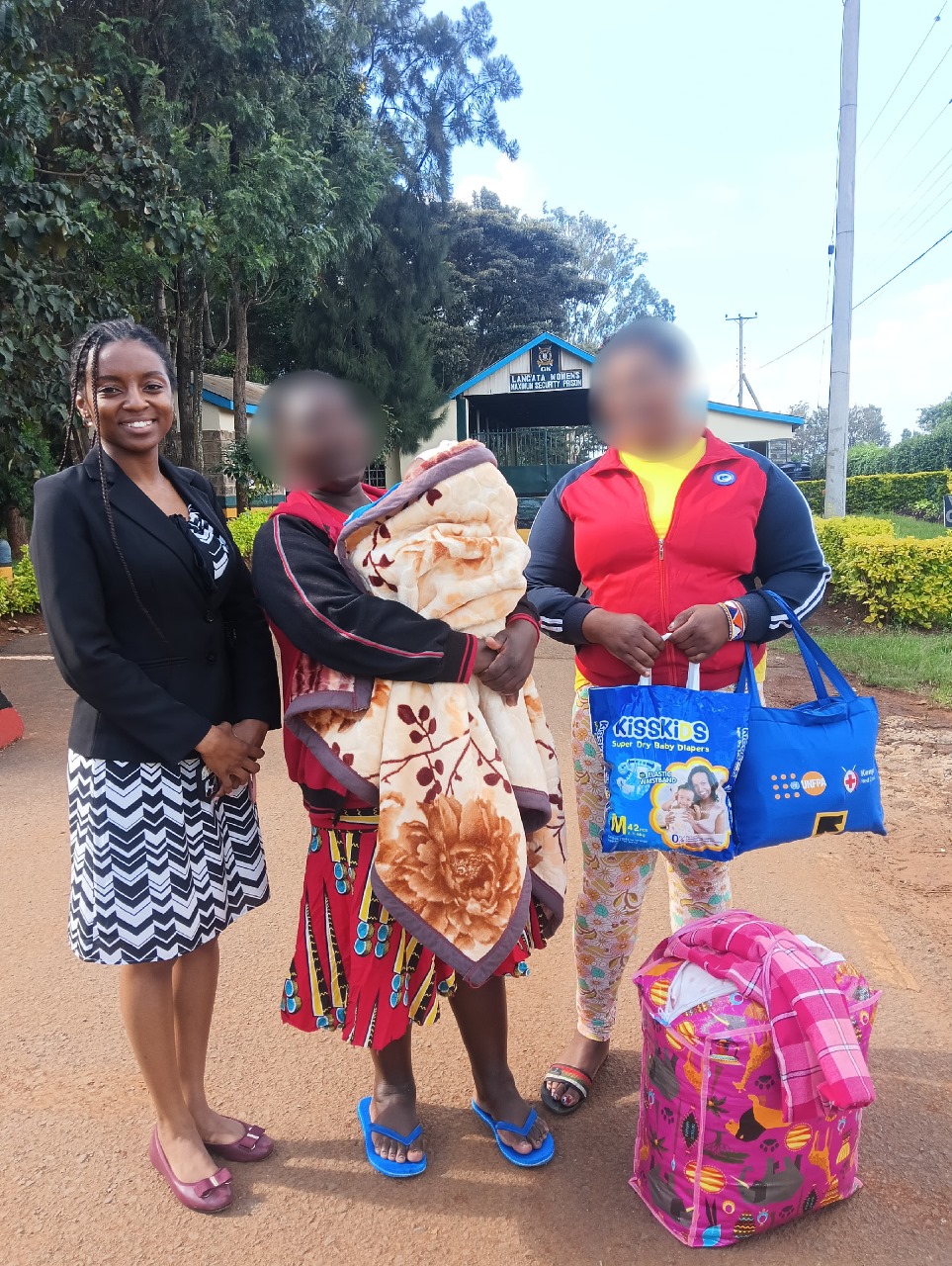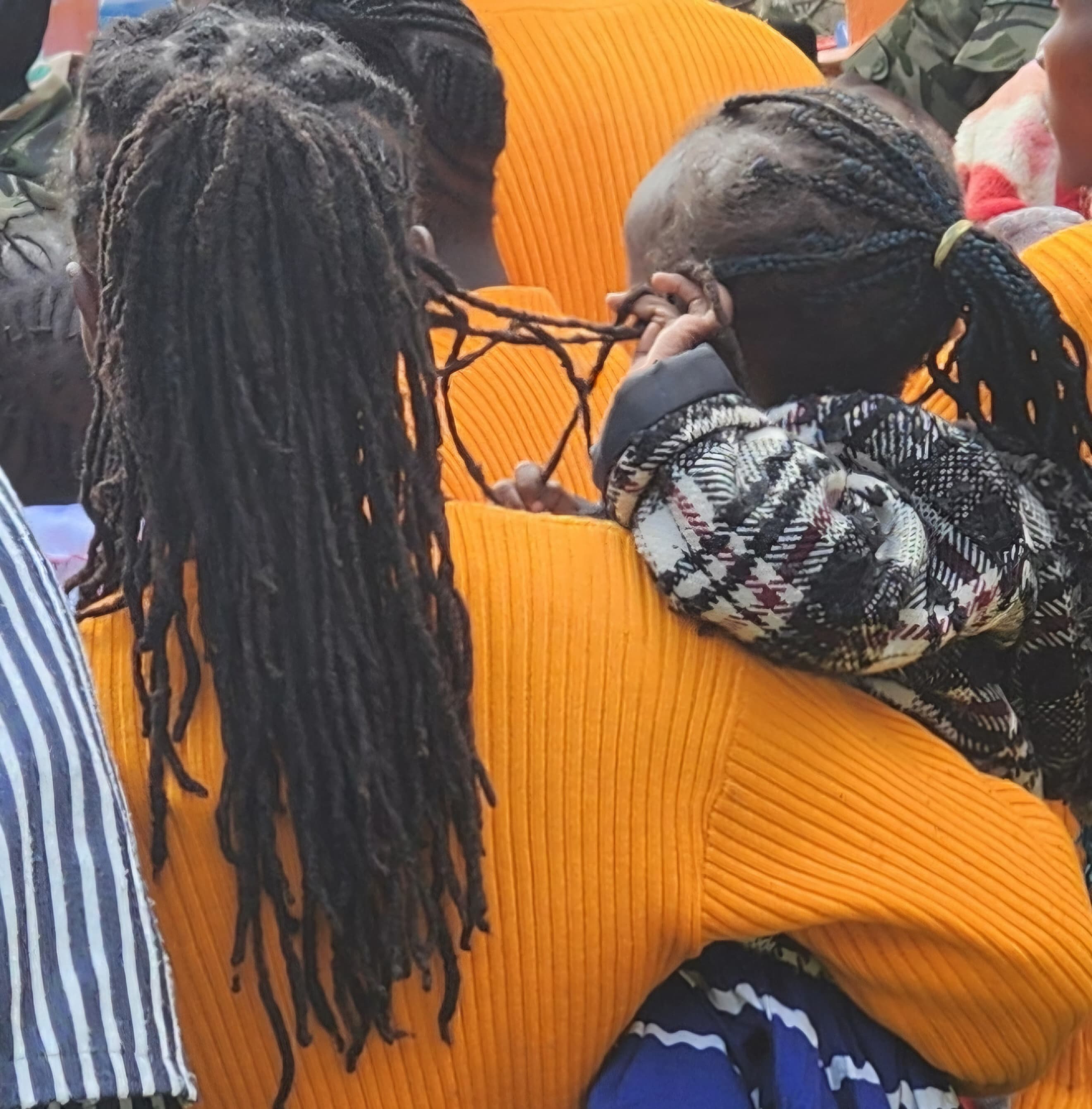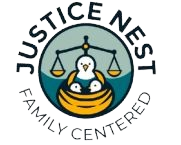Stories
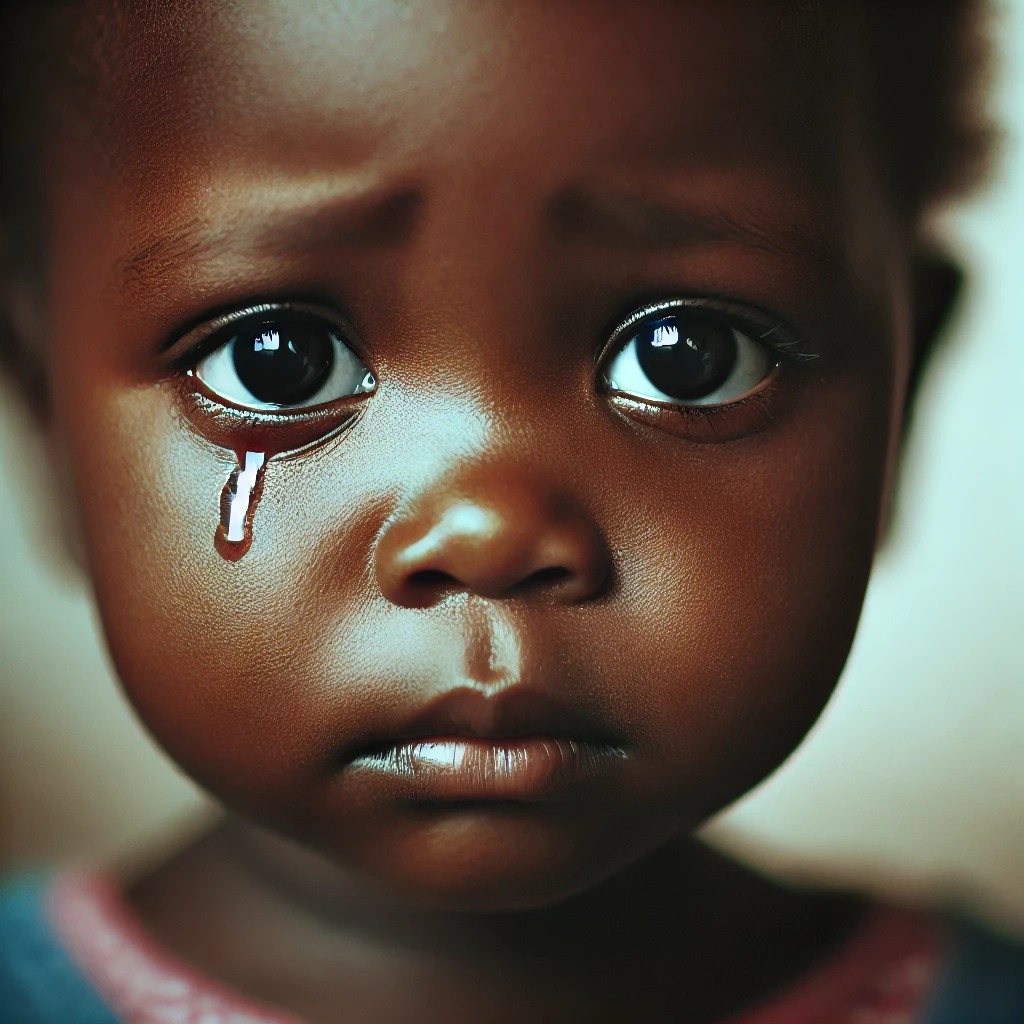
April, 2025
When Mama is Taken Away: The Silent Crisis of Children with Incarcerated Mothers
In the quiet aftermath of a mother's arrest, it is the children who bear the deepest wounds. Across Kenya, an estimated 10,000 children each year are left to navigate life's challenges without their primary caregiver, not because their mothers committed violent crimes, but due to minor offenses often rooted in poverty—unpaid fines, small disputes, or survival actions taken in desperate circumstances. These children, invisible in courtrooms and policy discussions, pay a price far steeper than any sentence could justify.
The stories of L.K. and B.W. illustrate this hidden tragedy in human terms. When L.K. was detained, her five children were scattered across relatives' homes. Her eldest son, at 17, abandoned his education to support his siblings. The twins, just entering adolescence, were sent to live with grandparents ill-equipped to handle their emotional needs. Most heartbreaking, the baby born during her imprisonment faced repeated hospitalizations due to conditions exacerbated by prison life. Similarly, B.W.'s children lost both their home and their stability when she was detained over a business dispute. Her 14-year-old son, on the verge of national exams, was pulled from school, while her 8-year-old daughter still asks when her mother will return.
The consequences of these separations extend far beyond emotional distress. Research shows children of incarcerated mothers are six times more likely to enter the justice system themselves, creating intergenerational cycles of trauma and poverty. Educational disruption affects 78% of these children, with many dropping out entirely to care for siblings or work for food. Even infants suffer—those born in prison face mortality rates three times higher than the national average.
Justice Nest's work demonstrates that solutions exist. Through legal intervention, we've reunited families like L.K.'s, proving that alternatives to incarceration for non-violent offenses can work. Our data shows that when mothers maintain contact with their children, recidivism drops by 42%, and 89% of supported children remain in school. This Mother's Day, we launch the #PendoLaMama | #Mama'sLove a 40 Day campaign to expand these efforts, aiming to raise $35,000 (Ksh. 4,500,000) to provide legal services, essential care packages, and reunite these children with their mothers.
The path forward requires collective action. By showing your love, advocating for child-impact assessments in sentencing, or simply sharing these stories, You can help rewrite this narrative. True justice must consider not just the offense, but the ripple effects on innocent children who need their mothers. As L.K. said after her reunion, "I never want to go back." Together, we can ensure more mothers come home—because every child deserves the irreplaceable comfort of their mother's love. Pendo la Mama halipaswi kukatika.
Sources: Kenya Prison Service (2023), KNCHR Right to Family Care Study (2023), Justice Nest Program Evaluations (2024). Names changed to protect privacy.
